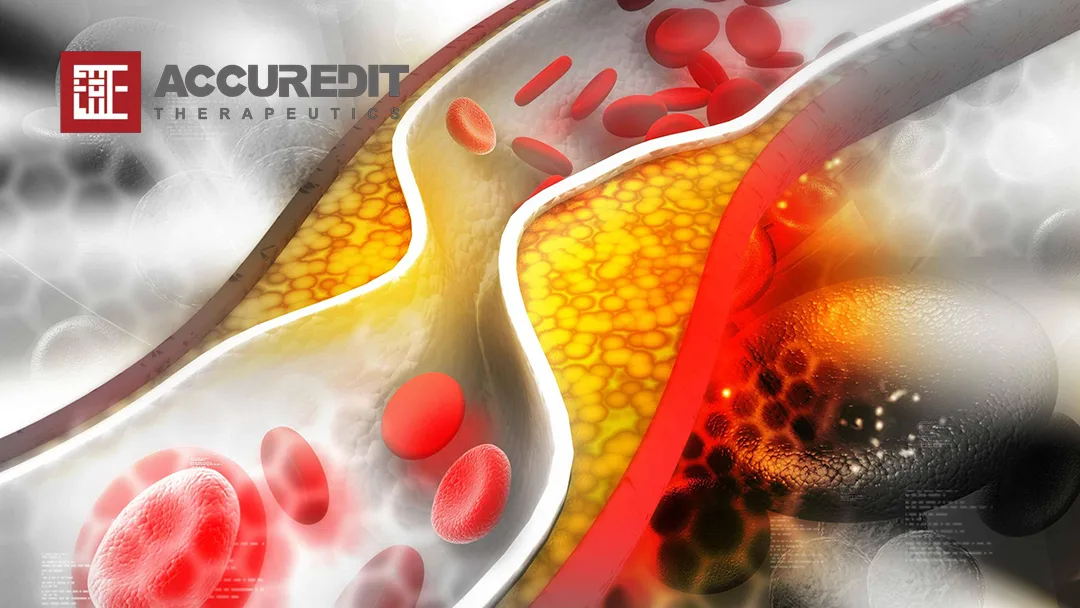Suzhou-based gene editing specialist AccurEdit Therapeutics has announced the completion of a 24-week follow-up for its investigator-initiated trial (IIT) of ART002 in patients with ultra-high baseline levels of low-density lipoprotein cholesterol (LDL-C) (>6 mM). The study evaluates the LNP-based in vivo gene editing drug in patients with heterozygous familial hypercholesterolemia (HeFH), showing promising results in reducing LDL-C levels.
ART002: Mechanism and Innovation
ART002 is the world’s first in vivo PCSK9 gene editing product designed to safely achieve saturation efficacy. The therapy delivers sgRNA and Cas9 mRNA targeting human PCSK9 via lipid nanoparticles (LNPs), specifically knocking out the PCSK9 gene in liver cells. This mechanism significantly reduces PCSK9 protein expression, blocking its interaction with LDL receptors (LDLR), reducing LDLR degradation, and lowering plasma LDL-C levels.
Clinical Data Highlights
According to 24-week clinical data, ART002 demonstrated a mean LDL-C reduction of 56% in refractory HeFH patients, with some individuals experiencing a maximum decrease of up to 70%. The average reduction in LDL-C was 3.9 mM, exceeding the average baseline level of similar international gene editing products (3.6 mM). Notably, none of the ART002 subjects required concurrent high-intensity statin therapy, compared to 64% of subjects in international trials of similar products. Additionally, the average reduction in plasma PCSK9 protein in the high-dose group reached nearly 90%, surpassing the latest data from inclisiran (60%–70%) and similar international products (60%).
Safety Profile
No dose-limiting toxicity events or other adverse events of concern were observed across all dose groups of ART002, underscoring its excellent safety profile. These results position ART002 as a potentially transformative therapy for patients with HeFH, offering significant improvements over existing treatment options.-Fineline Info & Tech
